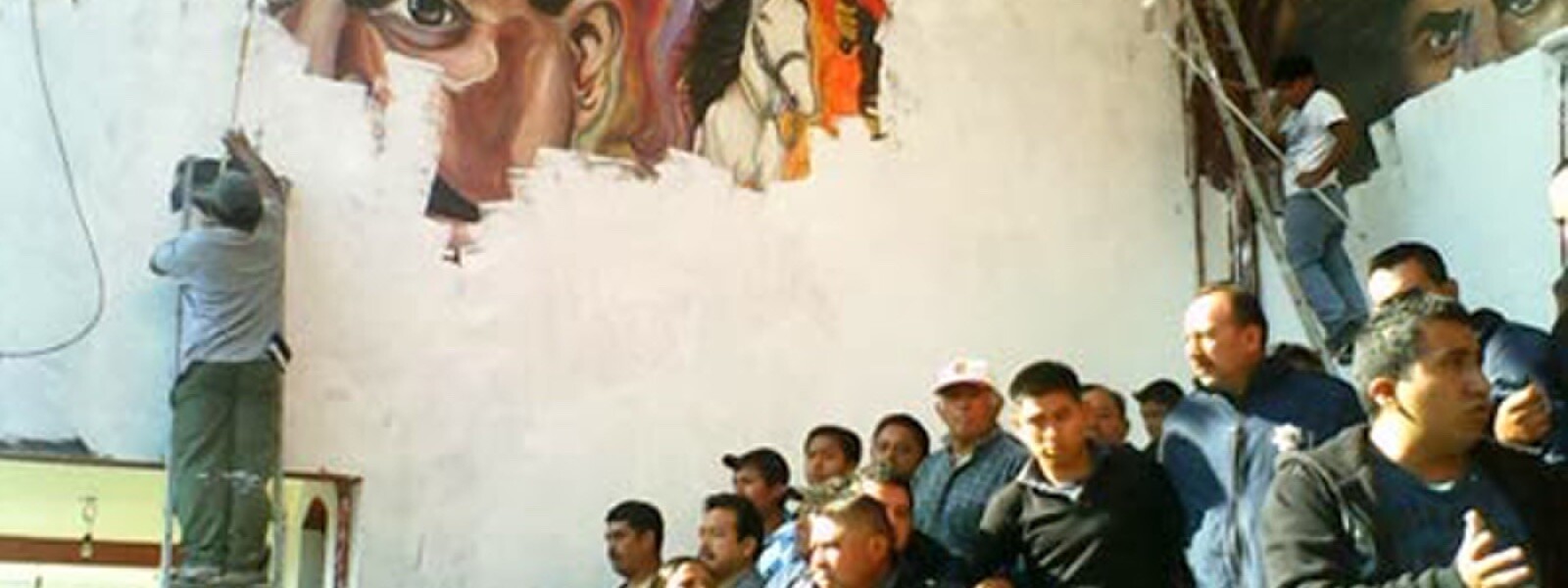Everyday resistances and struggles over contested urban territories are particularly instructive for those interested in urban futures in the making. However, moving beyond the ‘territorial trap’ of narrow definitions of fixed and bounded territory closely associated with the nation state and state actors is critical for further developing a relational understanding of space and power. Processes of territorialization, with reference to socio-territorial concepts emerging from Latin American Indigenous, Afrodescendant, and feminist social movements and scholarship, help show how urban territories materialize from spatial regulations, collective imaginaries, and everyday practices. Urban territories do therefore serve as both the site of and what is at stake in social struggle.
This chapter’s empirical case study of Mexico City foregrounds urbanization and territorialization as key to a situated understanding of territory as a social product. We furthermore engage in a decentered perspective that focuses on the spatial dimension of power relations, with an emphasis on non-state actors such as city inhabitants and their ordinary urban practices and resistance against a large-scale infrastructure project. By grasping the epistemological and empirical complexities of a socio-territorial approach, this contribution aims to put territory to use for the transdisciplinary field of urban studies.
Schwarz, Anke and Monika Streule (2022) Rendering territory (in)visible. Approaching urban struggles through a socio-territorial lens. In: Brighenti, Andrea Mubi and Mattias Kärrholm (eds.) Territories, Environments, Politics: Explorations in Territoriology. New York: Routledge, 136–152.
